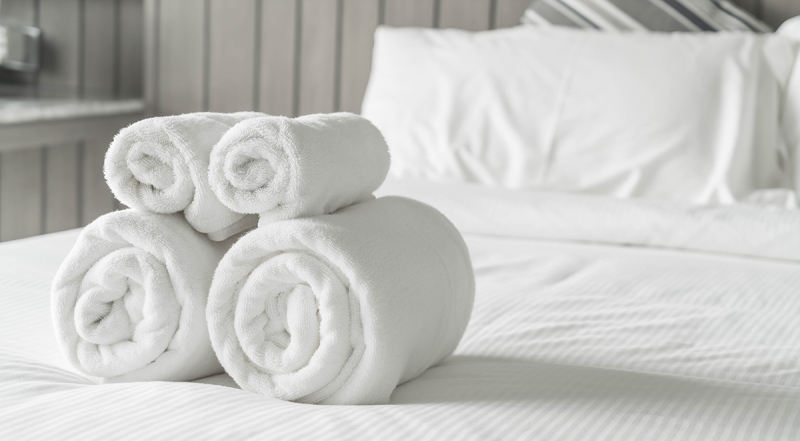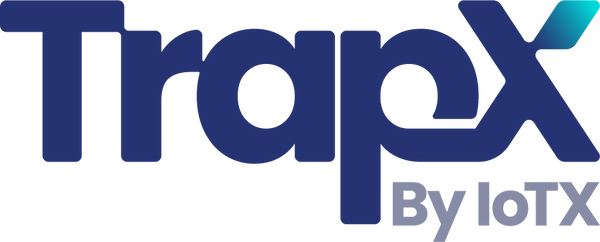How Cloud Systems Support Hotel Pest Monitoring Innovations
Share
In the ever-evolving hospitality industry, ensuring guest satisfaction is paramount. Yet, one persistent challenge remains: pest management. Hoteliers are increasingly turning to technology to tackle this issue. One such technological advancement is the integration of cloud systems in pest monitoring. But how do cloud systems support hotel pest monitoring? Lets delve into the transformative power of cloud-based solutions in maintaining pest-free environments within hotels.

The Challenge of Pest Management in Hotels
For hoteliers, maintaining a pristine environment is crucial. A single pest sighting can tarnish a hotels reputation. Traditional pest control methods, while effective, often lack the real-time data and predictive capabilities that modern technology offers. This is where cloud systems come into play, offering a more dynamic approach to pest management.
Understanding Cloud Systems in Pest Monitoring
Cloud systems revolutionize the way data is collected, stored, and analyzed. In the context of pest monitoring, cloud systems enable hoteliers to access real-time data from various sensors and devices deployed around the property. By leveraging cloud technology, hotel staff can gain insights into pest activity patterns, potential infestation hotspots, and historical data analysis.
For instance, implementing cloud systems allows hotels to integrate data from various sources, such as traps, cameras, and environmental sensors. This integration facilitates a comprehensive view of pest activity and helps in crafting targeted pest control strategies.
Real-Time Monitoring and Alerts
One of the significant advantages of cloud systems is real-time monitoring. With sensors placed strategically around the hotel premises, data is continuously collected and uploaded to the cloud. Hotel staff can monitor this data and receive instant alerts when unusual activity is detected. This proactive approach enables immediate action, preventing minor issues from escalating into significant problems.
Imagine a scenario where a sensor detects increased rodent activity in the hotel's kitchen area. The cloud system sends an alert to the pest management team, prompting a swift response. This immediate action minimizes the risk of contamination and ensures guest safety.
Predictive Analytics and Data-Driven Decisions
Cloud systems dont just provide real-time data; they offer predictive analytics that help hoteliers make informed decisions. By analyzing historical data and identifying trends, these systems predict potential pest outbreaks before they occur. This foresight is invaluable in planning preventative measures and allocating resources effectively.
Furthermore, predictive analytics allow hotels to optimize their pest control budgets by focusing resources on areas with higher risk levels. This strategic allocation ensures maximum efficiency and cost-effectiveness in pest management efforts.
Integration with Other Hotel Systems
Another advantage of cloud-based pest monitoring is its ability to integrate seamlessly with other hotel management systems. By connecting with housekeeping, maintenance, and guest feedback systems, hoteliers can gain a holistic view of their property's operations and guest experiences.
This integration facilitates a coordinated approach to pest management, ensuring all departments are aligned in maintaining a pest-free environment. For example, housekeeping staff can report potential pest issues directly through their mobile devices, triggering immediate action from the pest control team.
Case Study: A Cloud-Enabled Pest Monitoring Success Story
Consider the success story of a luxury hotel chain that implemented a cloud-based pest monitoring system. By deploying smart traps and sensors throughout their properties, they achieved a significant reduction in pest-related incidents. The real-time data and predictive analytics provided by the cloud system enabled them to address pest issues promptly and strategically, resulting in higher guest satisfaction and improved brand reputation.
Check out why pest monitoring is essential for luxury hotels for more insights.
Conclusion: Embracing the Future of Pest Management
As the hospitality industry continues to evolve, embracing technological advancements like cloud systems is crucial for maintaining competitive advantage. By integrating cloud-based pest monitoring solutions, hoteliers can ensure a safe, hygienic, and pleasant environment for their guests.
The question is no longer whether to adopt cloud technology but how quickly it can be implemented to reap its benefits. In the race to provide exceptional guest experiences, cloud systems offer a powerful tool for proactive and efficient pest management.
For further reading, explore the differences between traditional pest control and IPM in the hospitality industry.

FAQs
How do cloud systems improve pest detection accuracy?
Cloud systems enhance detection accuracy by providing real-time data and analytics, allowing for swift identification and response to pest activity.
Are cloud systems cost-effective for small hotels?
Yes, cloud systems are scalable and can be customized to fit the specific needs and budget constraints of small hotels, making them a cost-effective solution.
What types of pests can cloud systems monitor?
Cloud systems can monitor a wide range of pests, including rodents, insects, and other common hotel pests, through the use of smart traps and sensors.
